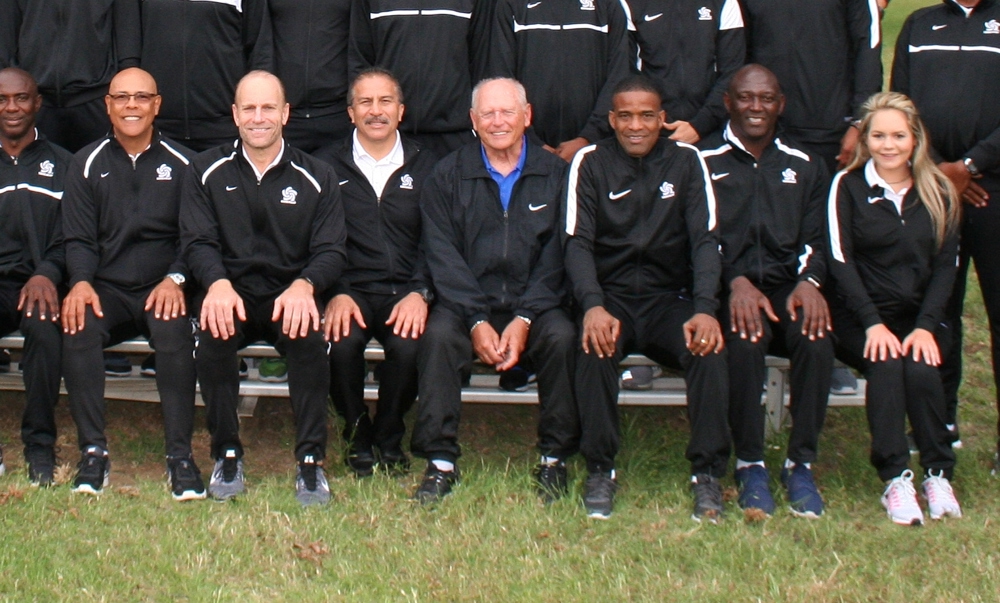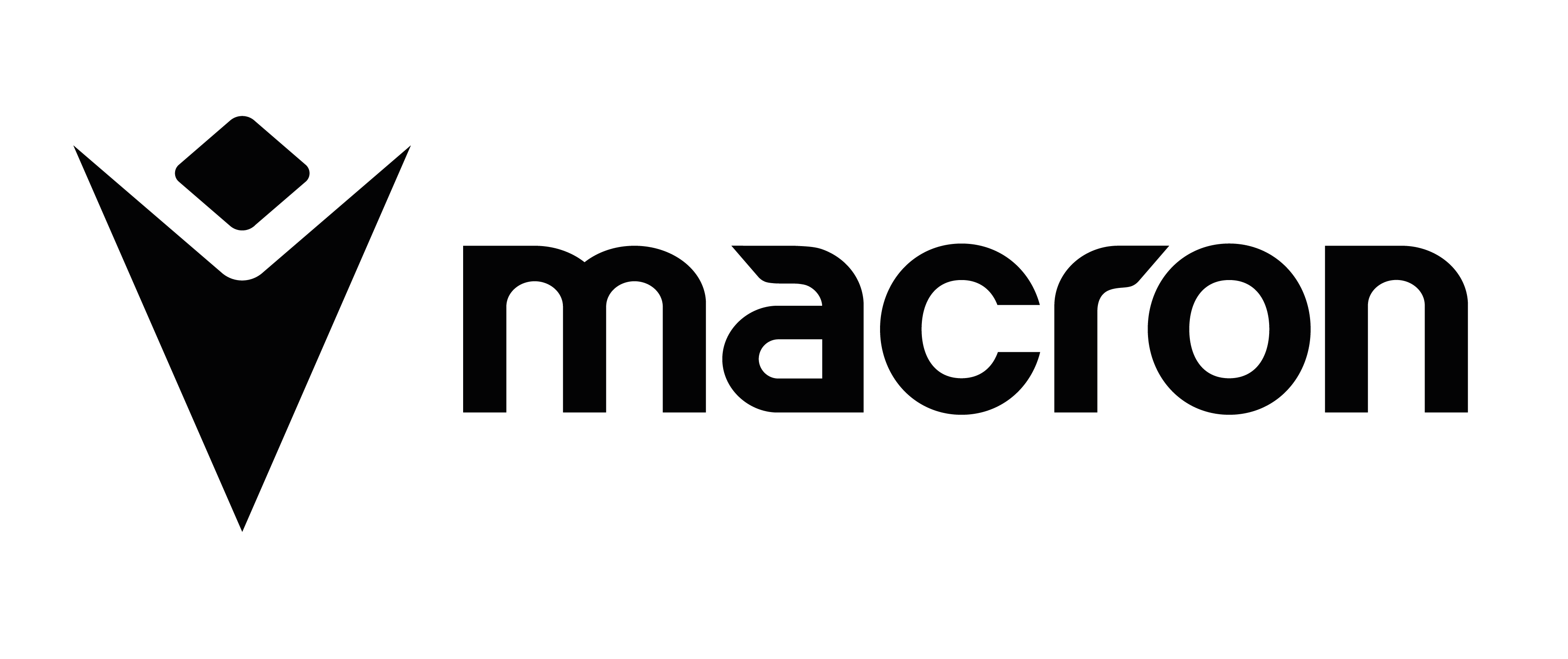With more than 50 years dedicated in service to football, the USA’s Dr. Joe Machnik has seen the sport progress in palpable ways. As a player, coach, referee, administrator, match commissioner and instructor, he possesses a unique perspective on the world’s game. Earlier this month, Machnik assisted at the Gold Cup Referee Candidate Course in Dallas, Texas, USA, where match officials underwent rigorous testing and training in order to be considered for assignment to CONCACAF’s premier event. He sat down with CONCACAF.com to discuss refereeing and what impact it could have on the 2017 Gold Cup.
What is the importance of the Gold Cup Referee Candidate Course?
When you run a tournament, as CONCACAF is doing, you want all the referees to be on the same page. Not only do you want consistency in a game itself, you want consistency from game-to-game. You can’t have one play called one way in one game and the same kind of play called differently in another game. This course brings everybody together and puts them on the same page.
What does this kind of course do for the referees in terms of building camaraderie?
Referees have a camaraderie to begin with. It’s a very unique group of individuals. They are very professional and want to do the best for the game, the best for the players and the best for the fans. The camaraderie is very high. When there is a less than satisfactory performance, all the referees feel it.
Fans, and maybe even people within football, have a tendency to underestimate the amount of preparation required by a referee at the elite level. Why do you think that is the case? And, what kind of person reaches the highest level of refereeing?
There is kind of a myth that’s been around forever that a good referee is not one you are talking about at the end of a game; he or she is not seen or heard. That’s really impossible in soccer because the referee has to make match critical decisions on penalty kicks, on yellow or red cards, goal or no goal, off side or not offside. All of those things effect the outcome of a low-scoring game. One wrong decision can certainly change the game. That’s why they are looking the Video Assistant Referee now, to correct clear errors in those decisions.
The challenge to be the referee, with a stadium full of people, is like climbing Mt. Everest. Why do you climb Mt. Everest? You say to some people, why do you want to be a referee in this really difficult game, where there is one guy with a whistle managing 22 players, where mistake can turn the game? It’s the challenge of it. Certain people are motivated by seeking a task and overcoming it.
How has preparation of referees evolved over the years?
When I first started, refereeing was a hobby. There was no professional league in the United States. After the NASL, I was in charge of the indoor referees in the Major Indoor Soccer League. We hired six referees full-time because we needed referees who totally understood that game and didn’t bring the outdoor mentality indoors. Now we see, all over the world, the recognition of how vital the referee is to the good game. You have countries like Spain, Germany, England and now the U.S. employing referees on a full- or at least half-time basis, so where it’s no longer a hobby and they can train and be fit. They can be in the right position to make calls because, as you know, it’s all about being in the correct angle. If you’re not fit, you cannot be in position to get the right angle.
What’s your perspective on the evolution of the individual referee throughout the years?
Certainly, the improvement in fitness has added to the improvement in performance. The game, however, has changed as well. It continues to be a test. The ball is different, moving further, faster and more accurately. Players are quicker and faster. The pressure is unbelievable. Also, now you have every game televised, with nine, ten, fifteen cameras that show all angles, so the pressure is even greater.
What kind of refereeing can we expect at the Gold Cup this year?
The expectation is that the performances are going to be great. I know that the referees will be brought back together again in Dallas before the Gold Cup starts. They are going to put the right referees on the right games in order to give them a chance to succeed. At the end of the day. You hope that the players come to play and that the referees do a good job managing situations.













































